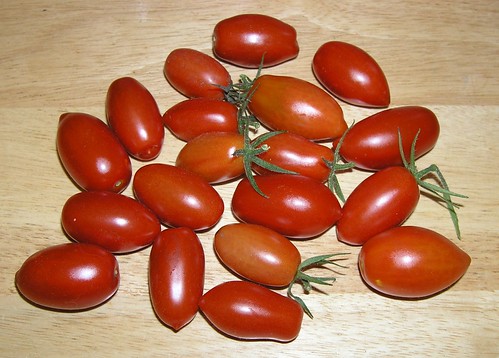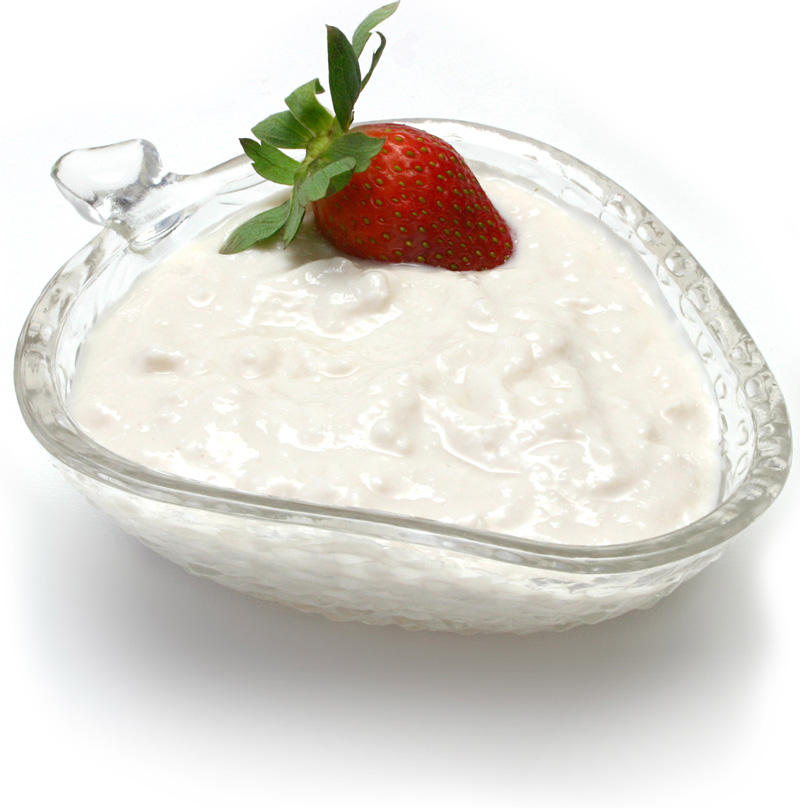1.Fish
Fish are good natural sources of calcium, phosphorus, iron and copper, and provide protein of unexcelled quality. Sea fish are also rich in iodine. Eating fatty fish at least three times a week is one of the healthiest things to do.
· Salmon
A great source of omega-3 fatty acids, which have been linked to a reduced risk of depression, heart disease, cancer, inflammation and much more, plus it improves your nerves, eyes and brainpower. Salmon is also low in saturated fat and cholesterol and is a good source of protein. If possible, choose wild salmon, which is less likely to contain unwanted chemicals such as mercury.
The poultry meat is not only tasteful, easy to prepare and appropriate for different food combinations, but also a natural source of: vitamins, minerals, proteins and healthy fats.
Skinless chicken and turkey are valuable sources of complete protein and B vitamins. Chicken soup really is good for colds and flu. Its high cysteine content helps break down mucus. White meat is easier to digest than fattier dark meat.
· Turkey
Turkey is one of the leanest protein foods and is low in calories and high in selenium, making it an excellent healthy food choice. The selenium which strengthens the immune system, has been shown to inhibit cancer development, and aid in the metabolism of our thyroid hormone
3.Vegetables
Vegetables with high nutritional values can give you the fiber, vitamins A and C, calcium, iron, magnesium and phytonutrient antioxidants that help prevent heart disease, cancer and other degenerative diseases.
· Vegetable juice
This beverage is an easy way to include vegetables in your diet since it contains most of the same vitamins, minerals and other nutrients.
· Tomatoes
Tomatoes contain high levels of lycopene. Lycopene is a powerful antioxidant and as such helps to protect the cells in our bodies from damage. Tomato juice, and vegetable juices which include tomatoes, are good sources of lycopene, an antioxidant that may reduce the risk of heart attack and certain types of cancer. Be sure to select the low-sodium varieties.
· Grape Tomatoes
They're sweeter and firmer than other tomatoes, and their bite-size shape makes them perfect for snacking, dipping, or salads. They're packed with vitamin C and vitamin A, and you also get some fiber, some phytochemicals, and great flavor.
· Spinach
It's high in vitamin A and also is a good source of calcium, folate, iron, magnesium, riboflavin and vitamins B-6 and C. Spinach's secret weapon, lutein, makes it one of the best foods in the world to prevent cataracts, as well as age related macular degeneration, the leading cause of preventable blindness in the elderly. The plant compounds in spinach may boost your immune system and help prevent certain types of cancer.
· Beans
Lentils, peas and other beans are good sources of fiber and B vitamins. Combined with whole grains, especially rice, they become an excellent source of complete protein. Beans have also been found to help lower cholesterol, regulate blood sugar and reduce cancer rates. Eating a serving of legumes (beans, peas, and lentils) four times a week can lower your risk of heart disease by 22 percent and also reduce your risk of breast cancer.
· Red beans
Small red, pinto and dark red kidney varieties -- are an excellent low-fat source of antioxidants, protein, dietary fiber and copper. They're also a good source of iron, magnesium, phosphorus, potassium and thiamin.
· Broccoli
Broccoli (and other cruciferous vegetables like cauliflower and cabbage) Besides providing calcium, potassium, folate and fiber, broccoli contains phytonutrients -- compounds that may help prevent diabetes, heart disease and helps fight cancers, especially breast, colon and lung. It boosts the immune system. Broccoli also contains antioxidants beta-carotene and is also an excellent source of vitamin C.
Garlic is a powerful natural antibiotic that can boost immunity, protect against bacteria including E. coli, parasites and viruses and help prevent heart disease, stroke and cancer. Onions are antibiotic, anti-inflammatory and antiviral and fight off bronchitis, asthma, hay fever and infection. Numerous studies have shown that regular consumption of garlic can lower our blood pressure. It also prevents the blood from being overly sticky and decreases LDL cholesterol (the "bad" one) while increasing the good HDL cholesterol.
Plain, unsweetened, low-fat yogurt and other cultured dairy are excellent sources of complete protein, calcium and lactobacillus. They help protect against osteoporosis, cavities, high blood pressure, high cholesterol and intestinal disorders. It contains healthy bacteria that helps boost your immune system, fight infection and improve your gastrointestinal health act as a natural antibiotic and anticancer agent.
6. Nuts
Raw nuts are rich in protein, vitamins B and E, minerals and essential fatty acids. They’ve been found to have both anti-cancer and anti-heart disease properties.
· Walnuts
Walnuts are an excellent source of omega-3 fatty acids, a special type of fat that is essential for our bodies, but that the body cannot produce. Omega-3 essential fatty acids protect us against heart disease. The antioxidant melatonin, found in walnuts, helps to regulate sleep
· Almonds
These nuts are packed with nutrients -- fiber, riboflavin, magnesium, iron, calcium and vitamin E, a natural antioxidant. They're also good for your heart. Most of the fat in almonds is monounsaturated fat, which can help lower cholesterol levels when substituted for other fats. Most almonds are considered low sodium, with less than 140 milligrams of sodium an ounce. Almonds are also known for their ability to help lower LDL cholesterol levels.
7. Sweet potatoes
The deep orange-yellow color of sweet potatoes tells you that they're high in beta-carotene. Sweet potatoes are also high in vitamin C and a good source of fiber, vitamin B-6 and potassium. And, they're fat-free and relatively low in calories.
Brown rice, oatmeal, sprouted breads, and other whole grains are great sources of fiber, vitamins B and E, protein, minerals and essential fatty acids. High fiber foods help prevent colon cancer, high cholesterol and constipation.
· Wheat germ
The germ at the center of the wheat seed is a concentrated source of nutrients. Two tablespoons provide a good source of thiamin, folate, magnesium, phosphorus, iron and zinc. Sprinkle over cereals, yogurt and salads. Or use it in muffins, cookies and pancakes.
· Oats
Oats also help reduce cholesterol. Research shows that one bowl of oatmeal per day can reduce cholesterol by up to 23%. Oats are also considered an excellent grain for diabetics as they have less impact on blood sugar levels than some other grains.
9.Fruit
Two to four daily servings of fresh or frozen fruit are recommended. Blueberries, raspberries, oranges, red grapes, plums, apricots and papaya are some of the best on the fruit list. They’re rich in fiber, vitamins, minerals, carotenoids and flavonoids
· Apples
Apples are a good source of pectin, a fiber that can lower cholesterol and glucose levels. They're also a good source of vitamin C -- an antioxidant that protects your body's cells. Vitamin C also keeps your blood vessels healthy and aids in the absorption of iron and folate.
· Papaya
Papaya is an amazingly rich source of the proteolytic enzymes. These are the chemicals that enable the digestion of protein. As a cleanser take a quarter pint (150ml) of papaya juice alternated each hour for twelve hours by the same amount of cucumber or green bean juice. Papaya loses some of the enzymes as it ripens, so if you have the choice select them green. Papaya contains arginine which is known to be essential for male fertility and also carpain, an enzyme thought to be good for the heart.
The skin of the papaya is a first class external treatment for skin wounds and places that do not heal quickly. The pulp from the juicer can be used for this and as a poultice.
· Berries
Berries are extremely rich in antioxidants which help protect the cells in our bodies from damage and therefore from diseases like cancer. Among other things they are also an excellent source of Vitamin C and soluble fiber.
· Blueberries
They are a rich, low-calorie source of fiber, antioxidants and phytonutrients. Regular intake of blueberries may improve short-term memory and reduce the cellular damage associated with aging.
·Avocados
Avocado is considered the world's healthiest fruit, because of its nutrient contents such as vitamin K, dietary fiber, potassium, folic acid, vitamin B6, vitamin C, copper, and reasonable calories in it. Avocado is a good source of potassium, a mineral that helps regulate blood pressure. Adequate intake of potassium can help guard against circulatory diseases, like high blood pressure, heart disease, or stroke. Adding it to your salad can increase the absorption of key nutrients like beta-carotene by three to five times compared with salads without this superfood.
· Citrus Fruits
The citrus bioflavanoids in oranges, lemons, limes and grapefruit have anti-cancer and antioxidant properties. Many of these citrus bioflavanoids have also been shown to have anti-inflammatory and blood clot inhibiting abilities. Great-tasting and rich in vitamin C, folic acid, and fiber. Just one lemon has more than 100 percent of your daily intake of vitamin C, which may help increase "good" HDL cholesterol levels and strengthen bones. Citrus flavonoids found in lemons may help inhibit the growth of cancer cells and act as an anti-inflammatory.
10. Water
Water is a very essential nutrient in your diet. It’s needed for digestion, assimilation, metabolism, elimination, weight control and more. And unlike coffee, colas and alcohol, eight glasses of pure water a day have no calories or negative side effects.



























